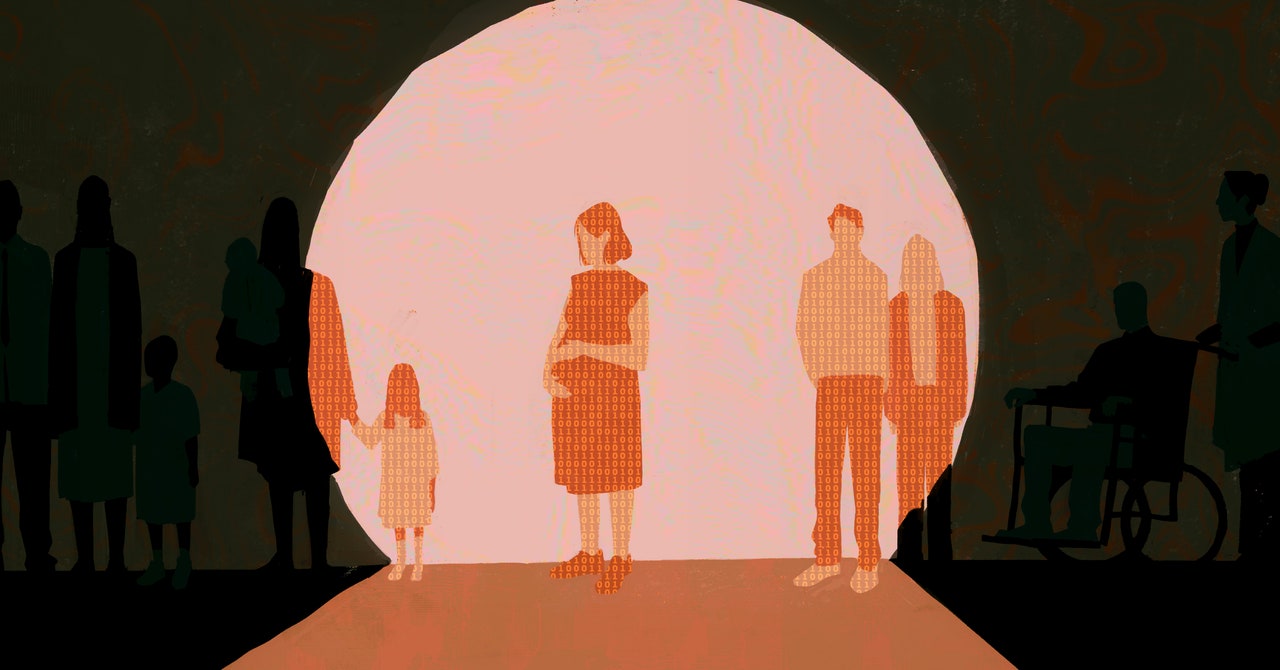The ordeal of welfare fraud in Denmark revisited two years after a Moroccan immigrant pleads not to leave the welfare system
Now, two years later, she was under suspicion again. Imane prepared all of her documents in the days before that meeting, including her rental contract and bank statements. She went to the library to print them because there wasn’t a printer at home.
Imane emigrated to the Netherlands from Morocco with her parents when she was a child. She started receiving benefits when she became an adult because of her health issues. She has been using welfare payments to get by, but still has a hard time finding regular jobs. Imane says she would do anything to leave the welfare system, but chronic back pain and dizziness make it hard to find and keep work.
She watched the investigators read through the paperwork in the cramped office. She says that one of them spoke loudly and she felt really bad for him as he made his accusations outside. They told her she had brought the wrong bank statements and that she had to log into her account. After she refused, they suspended her benefits until she sent the correct statements two days later. She was afraid, but relieved. The atmosphere at the meetings is bad, she says. The ordeal, she adds, has taken its toll. “It took me two years to recover from this. I was destroyed.
Imane, who asked that her real name not be used for fear of repercussions from city officials, isn’t alone. Every year, thousands of people are investigated by welfare fraud officers, who look for individuals who abuse the system. Since 2017, the city has been using a machine learning algorithm, trained on 12,707 previous investigations, to help it determine whether individuals are likely to commit welfare fraud.
Danish human rights groups such as Justitia describe the agency’s expansion as “systematic surveillance” and disproportionate to the scale of welfare fraud. Denmark’s system has yet to be challenged under EU law. The European Union’s landmark Artificial intelligence Act aims to protect human rights against emerging technologies, and whether the country’s experimentation with machine learning crosses a legal line is a question that could be answered.
The debate about welfare in Denmark changed in October 2012, when officials asked residents to send in photos of suspected welfare cheats in their local area. The call led some left-leaning commentators to warn of a “war on welfare,” and arrived as the far-right Danish People’s Party—which criticized the government for “luring” immigrants with welfare benefits—rose up in opinion polls.
